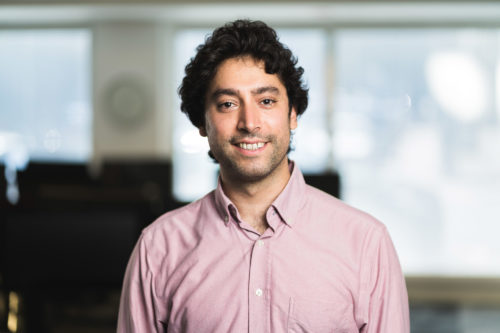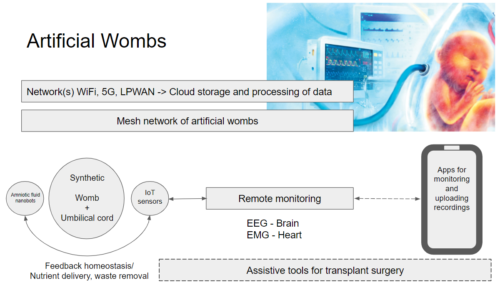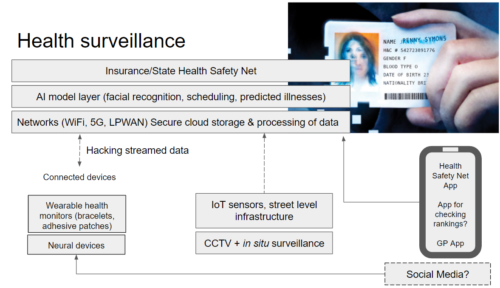
projects
Getting Real series

The Fictions series from Future Care Capital is a year-long series of sci-fi stories to reimagine the future of health and social care. We are working with a team of writers to produce a story a month.
In parallel, the “Getting Real” series is being written as a series of blogs to explore the themes of the stories and consider some of the implications for policy, regulations, and society. This project is an exploration of a new approach to policy innovation, and we are excited about where it will take us.
In many cases, science fiction becomes real-world fact over time, and it will be useful to consider how far from the present some of the technologies and scenarios would be. Digital technology and data have played a growing role in the delivery of healthcare in recent years. There are significant potential advantages of artificial intelligence (AI) and objects or devices such as Internet of Things (IoT) sensors. However, the systems and tools being developed are imperfect and have their limitations. These tools can cause, and have already caused, significant harm and it is the responsibility of everyone to consider the best way to develop a framework for the future which enables high quality tools and mitigates potential detrimental consequences.
Why are we doing this?
- To take our thinking in an innovative new direction
- To challenge our ideas about the future
- To engage new audiences on important topics
How can you get involved?
- Read our Fictions series
- Consider our Getting Real Blogs (which can be found below)
- Send us your thoughts and interpretations of the stories or blog posts
I really enjoy Sci-Fi and love the creativity of dystopian futures. The scientific inspiration for so many stories is often in its infancy at the time of writing, and it is fascinating to look back many years later to compare. This is a unique and innovative approach to future policy, and I’m interested to see where the stories and blogs will take us. Dr Peter Bloomfield












